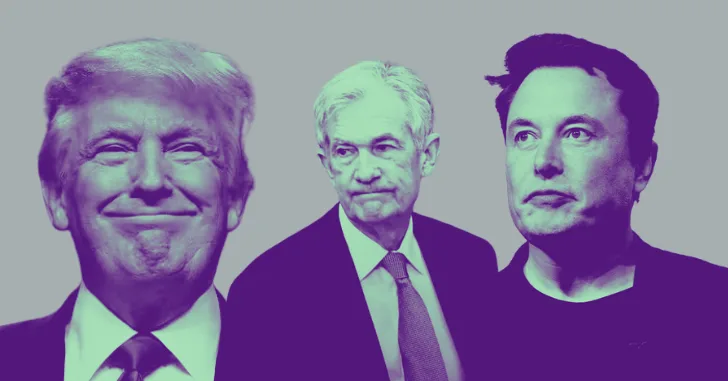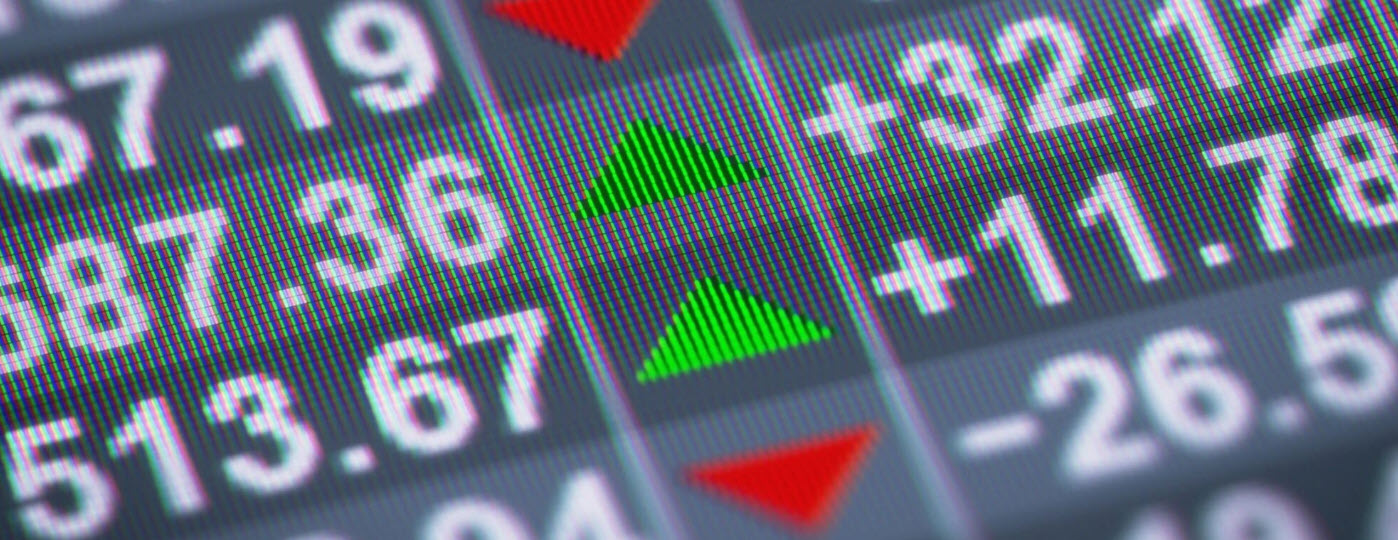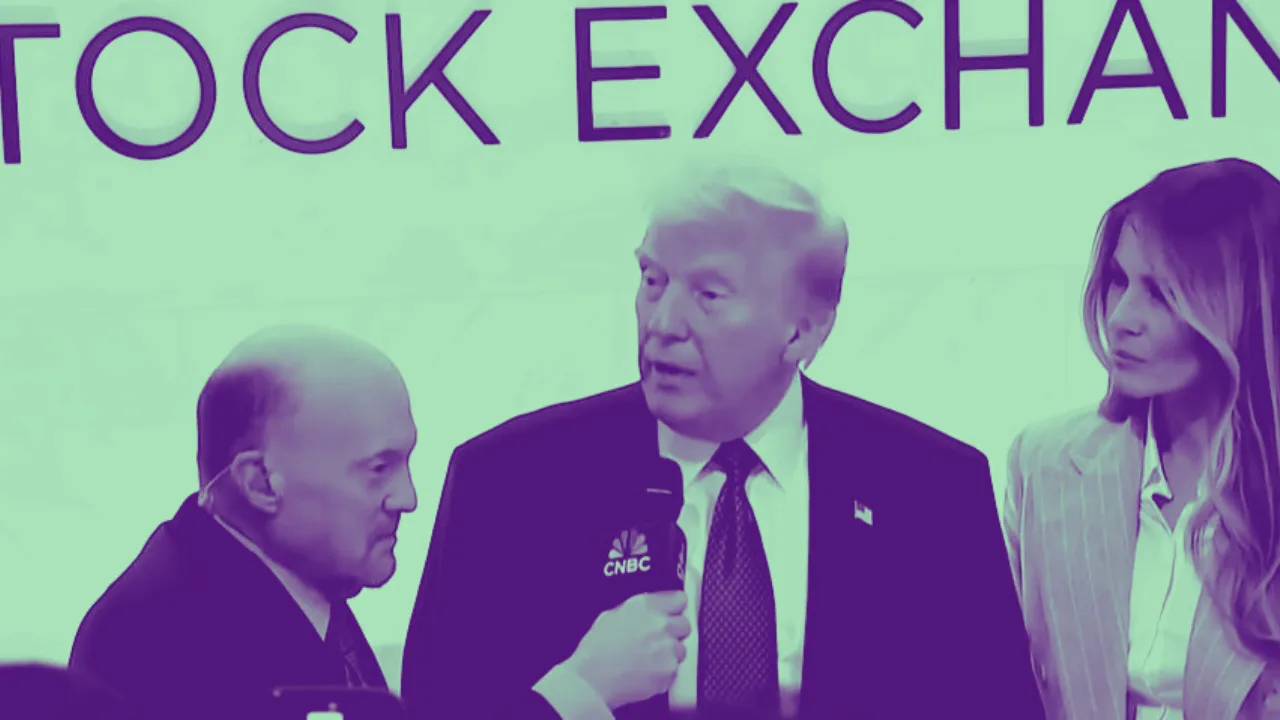Recent headlines feature an unusual alliance: Elon Musk endorsing former President Donald Trump’s call to end the Federal Reserve. Trump and Musk argue that the Fed’s grip on monetary policy is problematic, calling for major reforms or an outright abolishment. But why? This article breaks down their reasons and explores expert critiques of the Fed’s control over the U.S. economy.
Why End the Fed? Top Reasons from Experts
Opaque Decision-Making
Critics argue that the Federal Reserve’s decisions happen behind closed doors, with minimal public accountability. Lev Menand, a law professor, says the Fed’s operations lack transparency: “The Federal Reserve is an organization created by Congress for a limited, very important purpose… to manage the U.S. money supply.” Source: ProPublica
Fed-Induced Inflation
The Fed’s policies, like low-interest rates and quantitative easing, are often blamed for long-term inflation, which erodes purchasing power. Economist Judy Shelton has questioned the Fed’s unchecked influence, stating, “I see no reference to independence” in the Fed’s authorizing legislation, suggesting it operates beyond congressional control. Source: Wikipedia
Asset Bubbles and Economic Crises
The Fed’s low rates and easy credit access are linked to asset bubbles, such as the housing market crash of 2008. Former Fed Chair Ben Bernanke has remarked on this delicate balance: “Too-low inflation can threaten central banks’ ability to fight recessions,” illustrating how complex the Fed’s policy impacts can be. Source: Brookings Institute
Distortion of Free Market Principles
Some economists argue the Fed’s interventions distort free markets by manipulating interest rates and influencing the money supply. Renowned economist Milton Friedman noted, “The Fed’s interventions have led to more intense inflations and deeper depressions than ever before.” Source: Wikipedia
Facilitating Government Debt
By purchasing government bonds, the Fed enables federal borrowing, which some critics argue leads to fiscal irresponsibility. This practice, they say, allows government spending beyond sustainable limits, driving up national debt. Musk and Trump share concerns about debt-fueled economic growth.
Favoring the Wealthy
Policies like quantitative easing disproportionately benefit financial institutions and wealthy individuals, widening income inequality. Analysts explain that these policies inflate asset prices, benefiting asset holders while leaving behind average Americans. Source: Investopedia
Moral Hazard for Banks
By acting as a “lender of last resort,” the Fed creates a moral hazard for banks, encouraging risk-taking behavior with an expectation of bailouts. Critics argue this breeds irresponsibility in the financial sector, as banks take on excessive risks knowing they may not face consequences.
Low Interest Rates Discourage Savings
Low-interest policies deter Americans from saving, as returns on savings accounts are minimal. This setup encourages riskier investments, leaving some individuals financially vulnerable to market downturns, a situation Trump has criticized in the past.
Failure to Prevent Recessions
Although its mission is economic stability, the Fed has overseen significant downturns, from the Great Depression to the 2008 financial crisis. Critics suggest that some of its policies may have inadvertently set the stage for these crises, creating more volatility rather than preventing it.
Considering Alternative Models
Musk, a tech innovator, and Trump, a businessman, both advocate for alternative systems. Judy Shelton, a prominent economist, supports a return to the gold standard, arguing it could provide more economic stability than the current fiat system controlled by the Fed. Source: Wikipedia
Conclusion
Elon Musk and Donald Trump’s recent stance to end the Federal Reserve is stirring debate on central banking’s future in the U.S. economy. With both critics and experts highlighting the Fed’s alleged pitfalls, this discussion on central banking may only intensify, fueling a critical look at America’s economic infrastructure.





